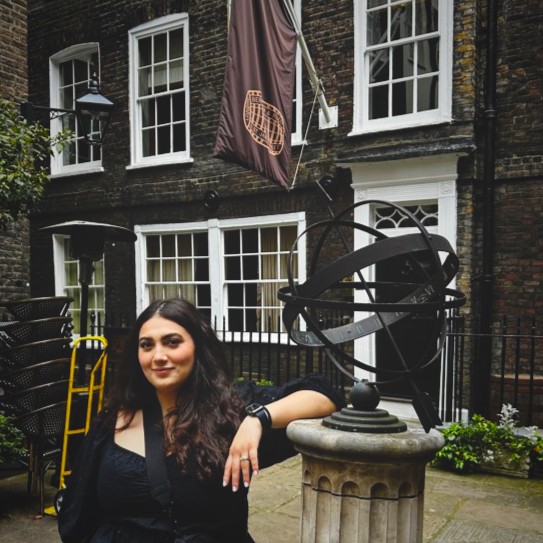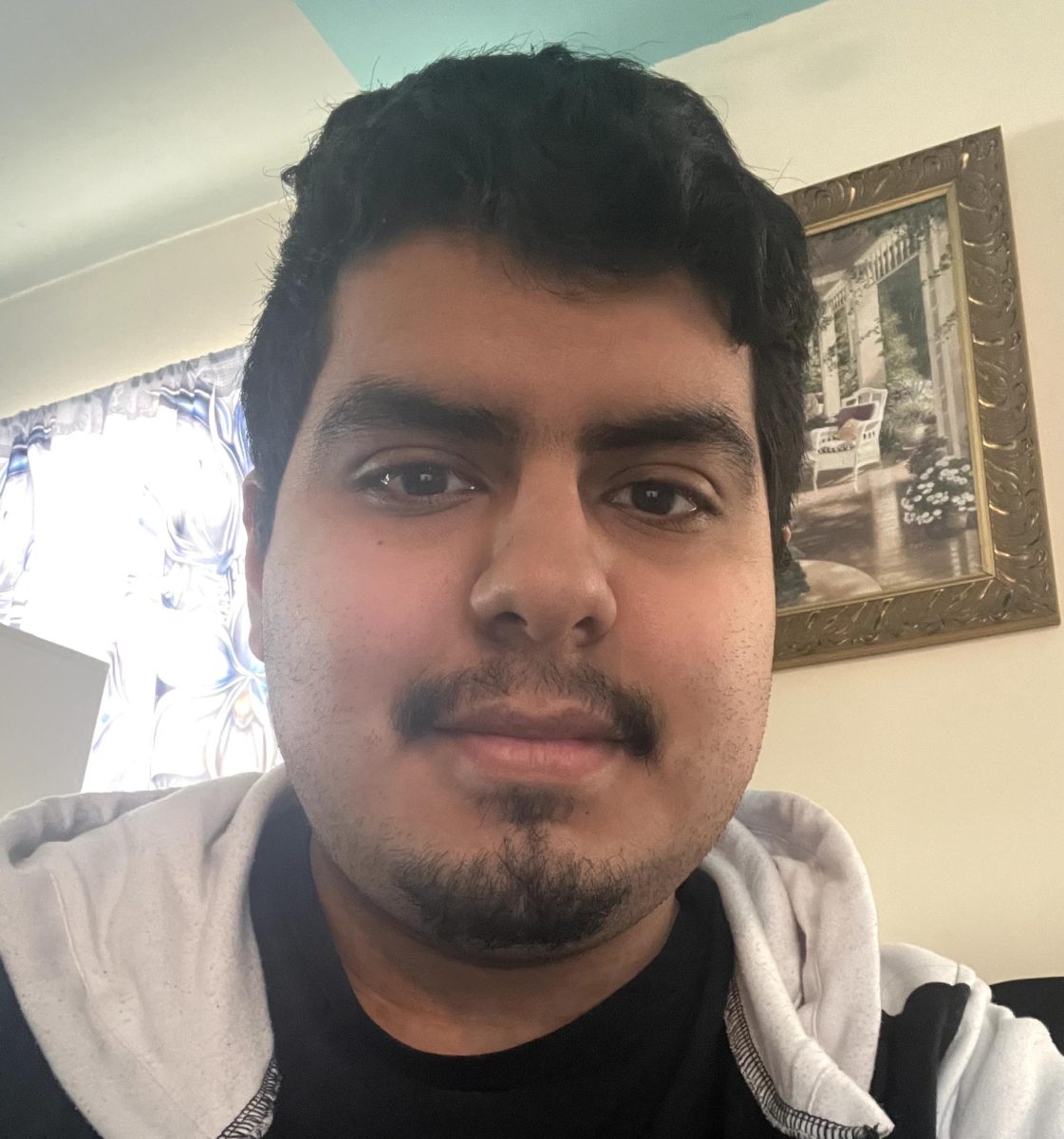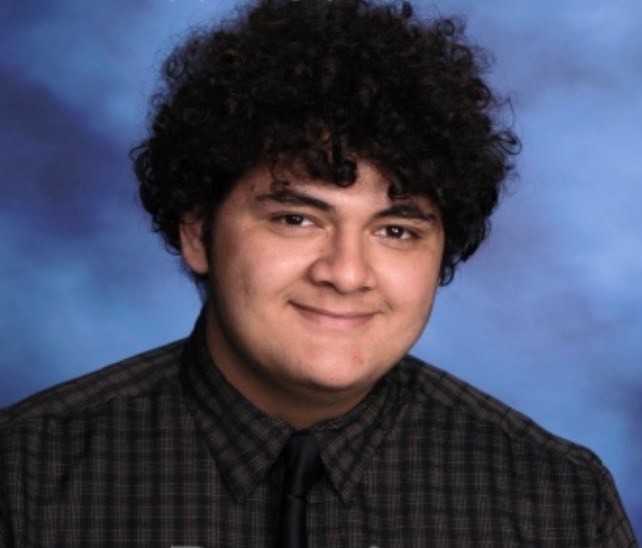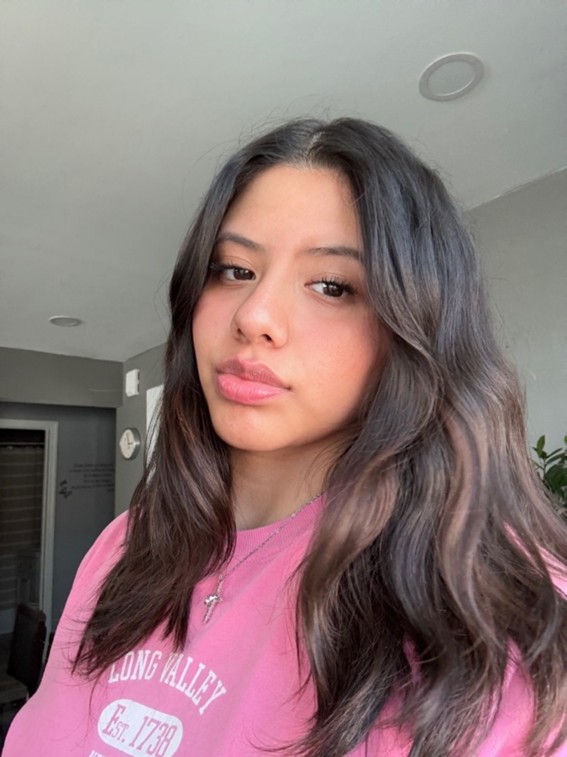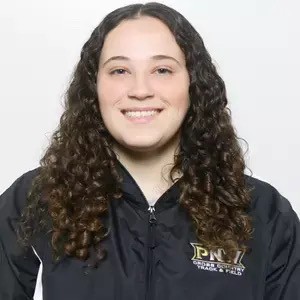For English Literature major Eveen Haddad, speaking Arabic like her parents is a very personal special talent.
“I speak Arabic fluently,” said Haddad, a second-year student. “I speak what we call the conversational Arabic with a Jordanian dialect. I can’t read, write or speak the proper Arabic. We don’t really speak it in Jordan. Kind of like the way a lot of Americans don’t speak proper English on a daily basis.”
Haddad was born and raised in Chicago to Jordanian parents and split her time between the United States and her parents homeland. She also split her time between languages, speaking Arabic at home with her parents and in Jordan, and English at work and school.
“I learned them both at the same time growing up, but I speak Arabic pretty much all the time outside of school and work,” said Haddad. “I speak Arabic with all of my family members, I even taught my best friend Arabic, and she’s … from the Philippines.”
Language has always interested Haddad. She taught herself Turkish and became fluent in French through school.
But she said Arabic can be challenging. Unlike the United States where different dialects do not prevent communication, Arabic dialects are almost like different languages.
“The dialect that I speak is used specifically in Jordan. Regionally I speak Levantine Arabic which is spoken in Syria, Jordan, Palestine and Lebanon,” said Haddad. “There is the Gulf Arabic, which is spoken in Saudi Arabia, Kuwait, Qatar and other eastern Arabic countries.
“Then you have the northern African Arabic,” she said. “I don’t speak that one at all and cannot understand it.”
But Haddad acknowledges that sometimes she stumbles over dialects and languages she knows well. “Sometimes I will understand a word in Arabic, but not know its English translation, and vice versa,” she said. “I experienced both.”
